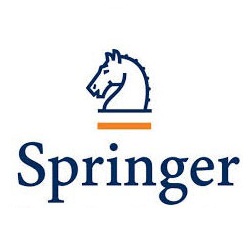Abstract
In wireless sensor networks (WSNs), resourceconstrained nodes are expected to operate in highly dynamic and often unattended environments. Hence, support for intelligent, autonomous, adaptive and distributed resource management is an essential ingredient of a middleware solution for developing scalable and dynamic WSN applications. In this article, we present a resource management framework based on a two-tier reinforcement learning scheme to enable autonomous self-learning and adaptive applications with inherent support for efficient resource management. Our design goal is to build a system with a bottom-up approach where each sensor node is responsible for its resource allocation and task selection. The first learning tier (micro-learning) allows individual sensor nodes to self-schedule their tasks by using only local information, thus enabling a timely adaptation. The second learning tier (macro-learning) governs the micro-learners by tuning their operating parameters so as to guide the system towards a global application-specific optimization goal (e.g., maximizing the network lifetime). The effectiveness of our framework is exemplified by means of a target tracking application built on top of it. Finally, the performance of our scheme is compared against other existing approaches by simulation. We show that our twotier reinforcement learning scheme is significantly more efficient than traditional approaches to resource management while fulfilling the application requirements.







